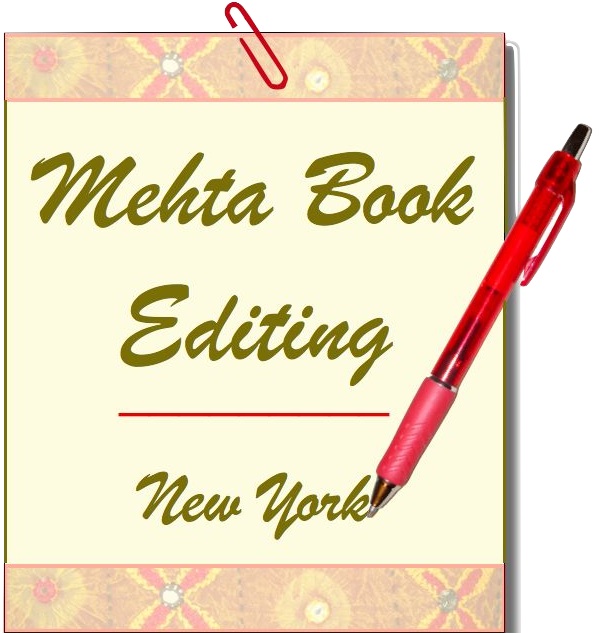Ethics & the Literary Agent: What Rights Do Authors Have?
/By definition, literary agents are writers’ representatives. They work for writers, negotiating offers from publishers until their client deems them acceptable. But in today’s complex agent-author relationship, many writers feel that they aren’t in the position to negotiate with their agent, partly because they don’t understand the publishing landscape as well as their agent does, but also because they are wary of coming across as difficult or demanding.
Although it’s becoming more common for writers to change agents several times during the course of their careers, most would prefer to stay with one agent. But are writers really in the position to speak up if they feel that an agent isn’t honoring their obligations, contractual or otherwise? If they do speak up, what are the consequences? I asked Mary C. Moore of Kimberley Cameron & Associates and DongWon Song of Morhaim Literary.
Read More





